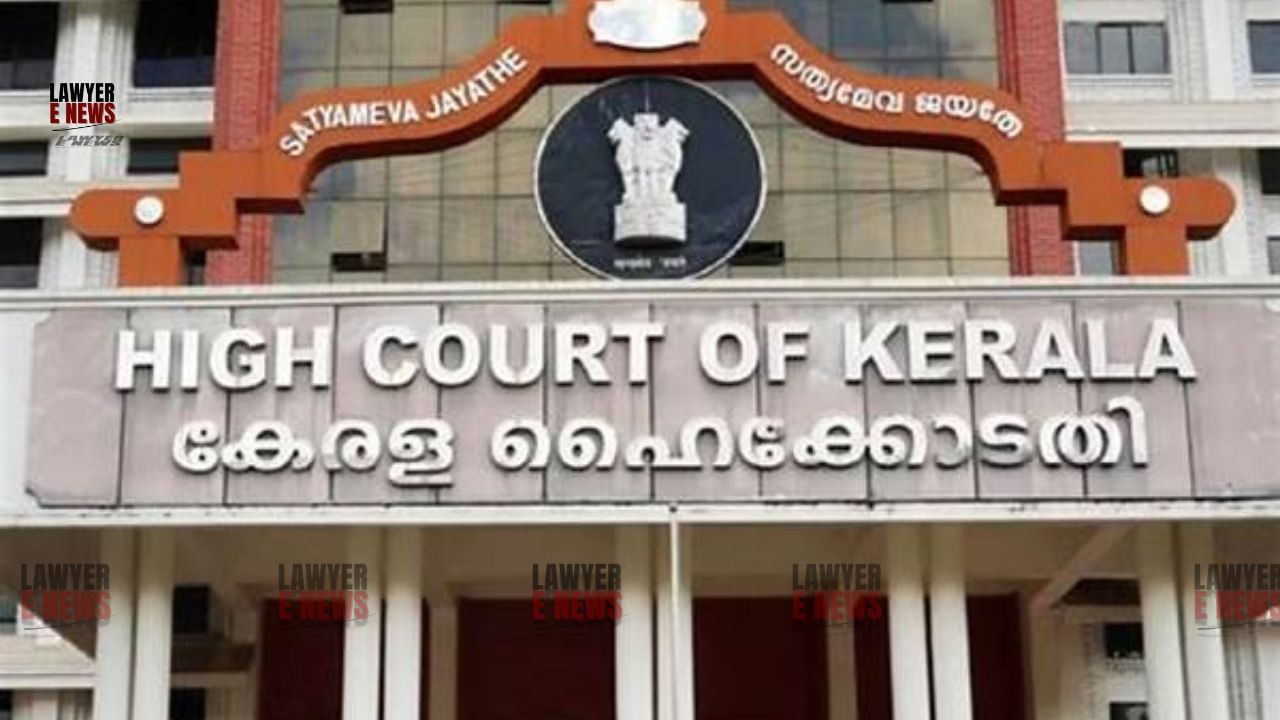-
by Admin
15 February 2026 5:35 AM



Kerala High Court in Ponnumani @ Thankan & Another v. State of Kerala (Crl.A No. 853 of 2017) modified a conviction under Section 302 of the Indian Penal Code (IPC) to culpable homicide not amounting to murder under Section 304 Part I. The case involved two brothers, convicted for the murder of a man involved in an illicit affair with their mother. The Court ruled that the use of a wooden reeper to strike the victim’s head did not make the case one of murder but rather culpable homicide.
The appellants, Ponnumani and his brother, were charged with the murder of Padmakumar @ Kochani on April 12, 2010. According to the prosecution, the appellants attacked the victim near their mother’s house after discovering his continued illicit affair with her, despite previous warnings. Ponnumani struck the victim’s head with a wooden reeper, while his brother kicked and assaulted him. The victim succumbed to his injuries on the way to the hospital.
The Sessions Court convicted both appellants under Section 302 read with Section 34 IPC, sentencing them to life imprisonment. They challenged the conviction in the High Court, arguing that the facts did not support a murder charge.
The central issue was whether the actions of the appellants constituted murder under Section 302 IPC or whether it was a lesser offense of culpable homicide not amounting to murder under Section 304 IPC.
The High Court noted that the prosecution’s case relied primarily on the testimony of PW5, the only eyewitness, who saw the altercation and the assault on the victim. Although several other witnesses turned hostile, the Court found PW5’s testimony credible and corroborated by the medical evidence provided by PW4, the doctor who conducted the postmortem.
Justice P.B. Suresh Kumar held that although the appellants clearly intended to cause bodily harm to the victim, the use of a wooden reeper (a relatively light stick) did not indicate an intent to cause death or injuries likely to result in death under normal circumstances. The Court reasoned:
"If someone hits on the side of the head of another using a wooden reeper with great force, he should be presumed to have knowledge that the resultant injury would be one as is likely to cause death. However, we are unable to hold that striking on the side of the head with a wooden reeper would have, in all probability, resulted in the death of the victim."
The Court thus held that the appellants were guilty of culpable homicide under Section 304 Part I IPC, not murder. It sentenced them to rigorous imprisonment for seven years and imposed a fine of ₹10,000 each.
The Kerala High Court reduced the appellants' conviction from murder to culpable homicide not amounting to murder, acknowledging the severity of the assault but ruling that the weapon used and the circumstances did not support a charge of murder.
Date of Decision: October 4, 2024
Ponnumani @ Thankan & Another v. State of Kerala
